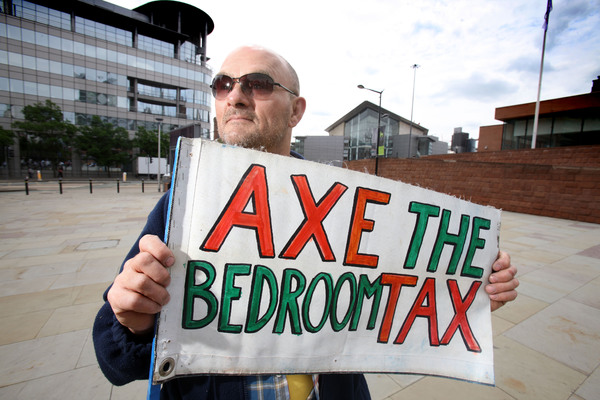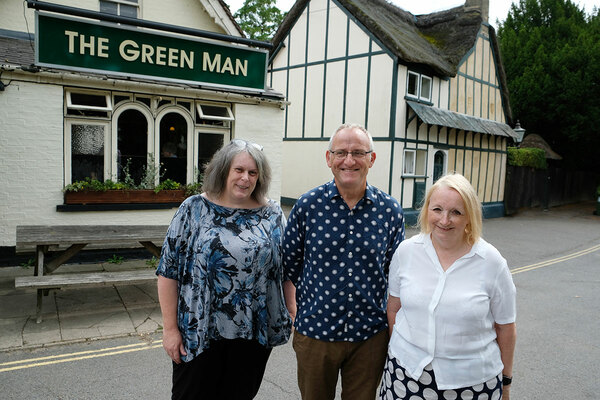Bedroom tax applies even when children must share very small rooms, councils warned
A court ruling has prompted the government to remind councils that the bedroom tax applies even when children are forced to share very small rooms.
In an information bulletin issued this week to council housing benefit staff, the Department for Work and Pensions (DWP) highlighted to town halls their legal duty to consider a Court of Appeal judgement handed down on 24 June.
The DWP had appealed an Upper Tribunal ruling in favour of Nuneaton and Bedworth Borough Council and mum-of-two Rachel Hockley concerning the Removal of the Spare Room Subsidy (RSRS) – more commonly referred to as the bedroom tax.
The RSRS, introduced in 2013, reduces the amount of housing benefit paid to social housing tenants deemed to have more bedrooms than they need.
Ms Hockley lives with her husband and two sons in a three-bedroom house, meaning the DWP considers them to be under-occupying the home and reduces their housing benefit by £740 a year through the RSRS.
She had argued that two of the three bedrooms are “exceptionally small and awkwardly shaped”, meaning the children could not practically share and so were being discriminated against compared with children of different sexes, who would not be expected to share.
But three judges at the Court of Appeal agreed to quash the Upper Tribunal decision, concluding that for the purposes of the RSRS, the term ‘bedroom’ applies to any room capable of being used as a bedroom by either a couple, an adult, a child, two children of the same sex or aged under 10.
They said the term ‘bedroom’ should not apply to the needs of a particular benefit claimant and so Ms Hockley’s family is only entitled to a two-bedroom home – despite accepting that the bedrooms in this case “are small”.
And they argued that as the RSRS is compatible with the European Court of Human Rights, it is not discriminatory even when applied to a particular family’s circumstances especially as Discretionary Housing Payments (DHPs) can be used to top-up benefits.
Ms Hockley’s application for DHPs was refused by the council and was later granted following the Upper Tribunal decision in 2017 for the duration of the DWP’s appeal.
The DWP said DHPs “remain an important option to help households adjust to the RSRS policy and other welfare reforms”.











